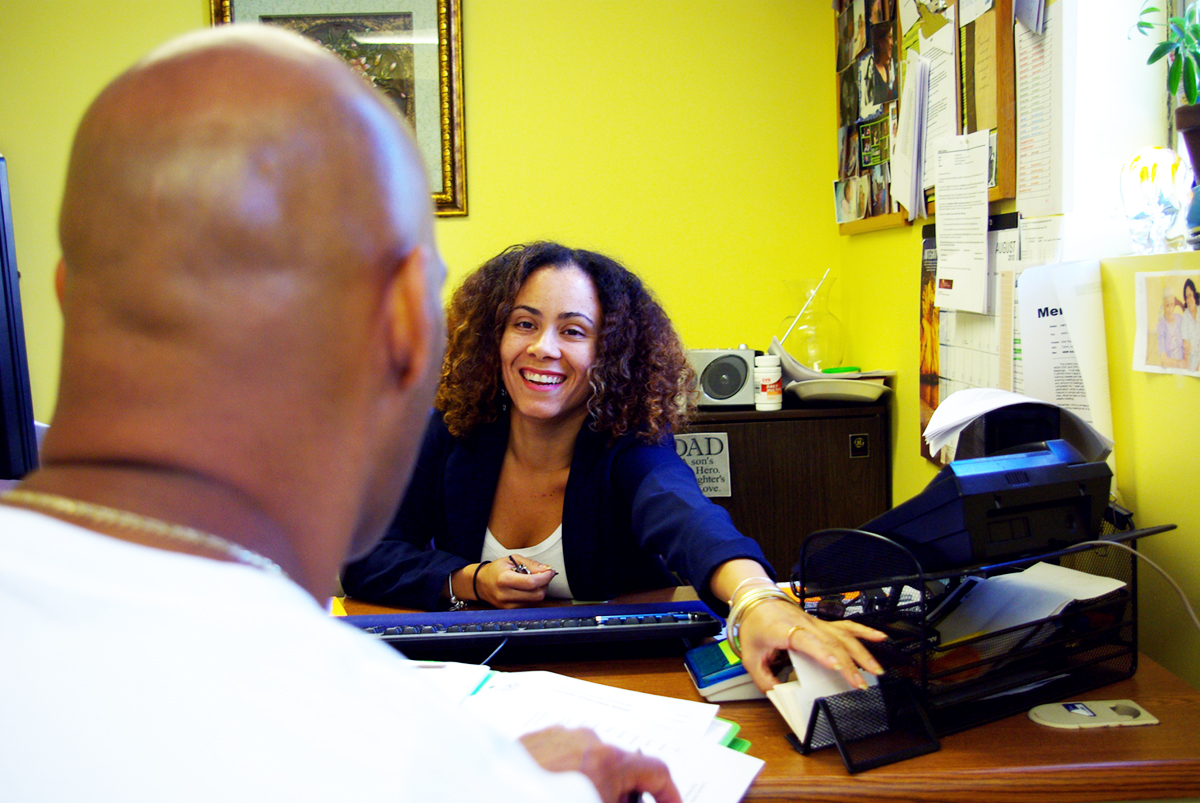Community Partners in Action (CPA) takes its commitment to diversity and inclusion seriously and has been on a path to expand its already diverse organization by examining its practices through a wider lens.
CPA is moving past symbolic diversity where we are already strong with 75% of our staff representing people of color. Through a series of conversations led by Thought Partner Solutions, CPA’s leaders are developing new approaches for ensuring its statement of belonging, diversity, equity, and inclusion ring true for everyone. This includes participants, employees, and the communities where CPA serves people who are returning home after incarceration.
By applying a more robust multi-cultural filter to its programming, new approaches for serving racially diverse client groups are emerging, including additional feedback loops within the organization that didn’t exist before. Beyond racial equity, all staff recently participated in a LGBTQ workshop to increase understanding of the risks, needs and treatment of transgender men and women of color during and after they leave jail.
Khadija Lovejoy was recently promoted to Residential Manager at CPA in Hartford where she will work with adult participants who are either on parole or probation and need a roof over their heads while they receive treatment and support in finding work. Khadija is also part of a new CPA ambassador network which aims to be the ‘eyes and ears’ for employees to raise ideas and surface concerns when they arise.
Many CPA employees work in participant-facing roles which includes helping individuals navigate a wide array of needs and services including housing, employment and essential documentation. To keep employees healthy, CPA recently took a close look at its benefits and expanded its time off policy with more generous vacation time for employees to take care of themselves and their families.
“Everything we do at Community Partners in Action is an effort to enhance the overall well-being of employees and the neighborhoods where our participants return after a period of incarceration,” said Executive Director Beth Hines. “This critical DEI work is building our internal capacities and capabilities to serve clients as equitably as possible.”

